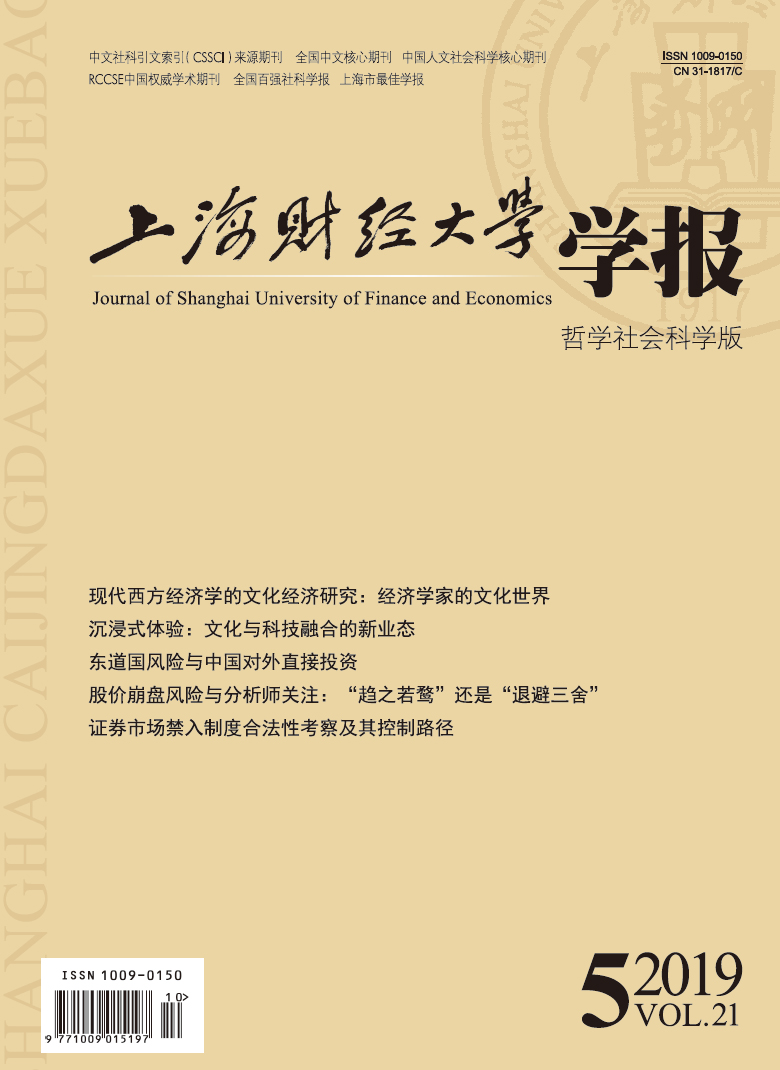In the field of securities regulation, debarring orders have become an important legal system for regulating the trading activities of securities market, stabilizing the development order of securities market and protecting the rights and interests of investors. From the perspective of legal nature, market entry prohibition is an administrative punishment measure for implementing sanctions and punishments on the counterpart who violates the administrative law by means of restricting the illegal person’s free choice of occupation. However, to impose administrative penalty by restricting or depriving the right to professional freedom, which is closely related to the survival and development of citizens and guaranteed by the Constitution, is the most fundamental difference between debarring orders and other administrative penalty measures in the securities field.
It can be found that there are many problems in the normative design and legal implementation of debarring orders by making comparative analysis of the current debarring orders norms and their implementation status based on the standards such as the basic principles and relevant provisions established in the Administrative Punishment Law. Firstly, some norms concerning debarring orders is lacking of legitimacy. For example, Provisions on Banning the Entry into the Securities Market improperly enlarges the implementation effect of debarring and violates the provisions on establishment authority for departmental regulations in the Administrative Punishment Law. Secondly, the administrative organs enjoy almost unlimited discretion because no applicable reference for the constituent elements of market entry prohibition has been provided to law applicants in the Securities Law. Thirdly, the element " serious circumstances” in the illegal elements of debarring orders has been neglected in the process of law enforcement. On the one hand, people tend to raise doubts about the legitimacy of debarring orders measures adopted by the administrative organs. On the other hand, the circumstance elements of discretionary punishment and fixed punishment are confused in the juridical review, resulting that the review on debarring orders is just limited to those with " obviously improper” implementation result, the review standards are lowered and the review scope is narrowed. Fourthly, the deterrent effect of debarring orders is limited because the prohibition of engaging in securities business or holding specific positions cannot prevent shareholders or actual controllers from continuing to engage in illegal activities.
The implementation of legality control on debarring orders shall be based on improving the legal norms of debarring orders and enhancing the review on the judicial review of debarring orders measures. The implementation of debarring orders has the same legal effect as that of free operation restriction. Therefore, debarring orders should be subject to the same legal control as that for free operation restriction, which means it only can be set by laws or administrative regulations. The legislative model of " example” + " generalization” can not only meet the needs of administrative organs for flexibility of law enforcement, but also provide relatively clear instructions and references for judicial review by courts. The deterrent effect of debarring orders only can be really brought into play by perfecting the setting of legal liability and adding corresponding punishment measures. In terms of judicial review, in addition to respecting the judicial organs concerned with the " judgment margin” of administrative organs, a comprehensive review of the application of uncertain legal concepts can be conducted by the administrative organs. Judgment on whether the violation is serious or not shall be made by combining with the legislative purpose of the Securities Law and factual experience such as the amount involved and the degree of bad means, etc. Whether the discretion of discretionary punishment is reasonable or not shall be determined with the help of the principle of proportionality and the way of the administrative organs.





 5303
5303  6353
6353

